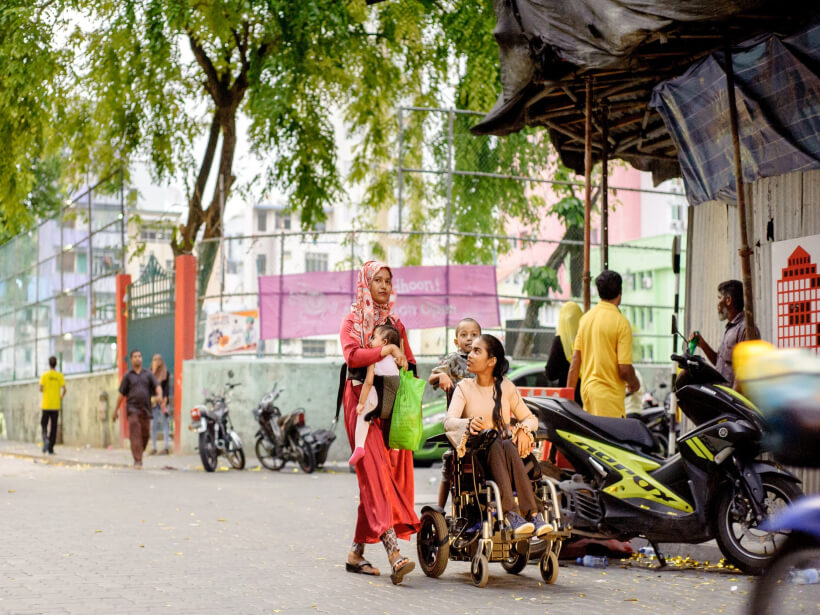The 3rd of December is when we observe the annual International Day of Persons with Disabilities to promote full and equal participation of people with disabilities in all aspects of society and development. WHO estimates that globally about 15% of the world’s population experience some form of disability. Despite this, not many countries have resources and adequate facilities to address needs of disabled persons. This is specifically true when discussing transportation provision for disabled people and barriers they face when using various modes of travel.
A recent report published by the UK Department of Transport states that people with disabilities travel less and undertake travel for different purposes compared with people without disabilities. People with disabilities were more likely to report experiencing travel difficulties with any types of trips (25%, compared with 10% of people without disabilities). The experience of difficulties is more common among those with a higher grade of disability; 22% of those who reported a difficulty with one mode of transport indicated a travel difficulty in relation to at least one trip type, compared with 39% of those who experienced difficulties with three modes. Interestingly, disability was found to be more strongly associated with the experience of difficulties with at least one trip type than was age. Moreover, people with disabilities are less likely to ever walk or cycle or ever use public transport, compared with those without disabilities, those who experience difficulties with personal care or balance are particularly likely never to undertake these activities.
Authors of the report point out there is a lack of intersectional data on disability groups with relation to transport behaviour. Therefore, more research needs to be done on how this varies within the population of people with disabilities – by level and type of disability, by age, gender, and ethnicity and by the interaction of these characteristics.
In many countries there are policies in place addressing urgency of accessible transport for all and transport operators are obliged to provide accessible services. In practice, this may not be possible at all times or a third person would still be crucial to make the journey possible. It is important to realise that accessibility of transport goes beyond the provision of services to consumers, enabling people to be involved in society as citizens and to exercise their human rights, including the right to education and employment.
The link to the report can be found here.





